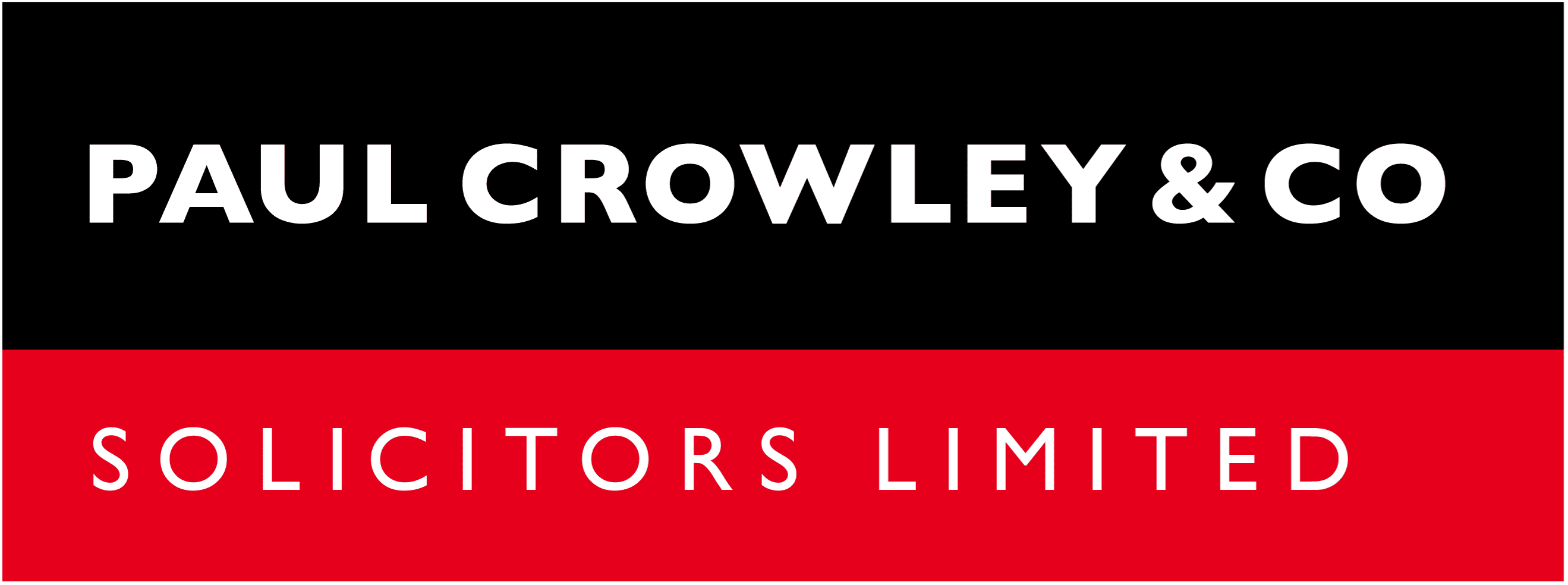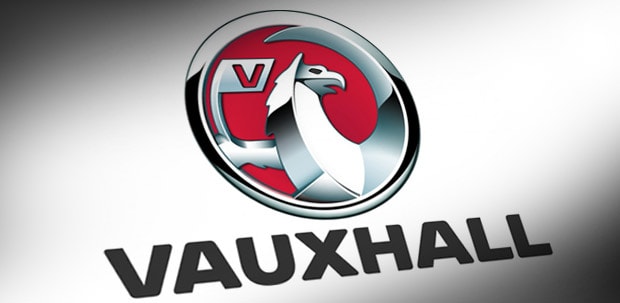The recent announcement by Vauxhall that it will axe approximately 400 jobs at its Ellesmere Port operation is a sad one. Every one of the families affected by the decision will have to step back and consider their career options moving forward into what can be a difficult time of year.
Being presented with a settlement agreement can be upsetting and confusing because of the nature of what is happening and all of the longwinded legal terminology.
Daniel Rawcliffe, employment law solicitor at Paul Crowley & Co, has set out five of the most popular myths (and the reality) below.
MYTH 1 – I am selling myself short by settling instead of taking my employer to tribunal.
FACT
Settling can feel like admitting defeat if an employer has done something wrong. Legal advice can help you decide whether or not a claim is financially worth bringing against an employer. Often, costs far outweigh the benefits of suing an employer and having a day in court. Settling disputes at an early stage can be a neater and less stressful way of ending the employment relationship.
Resolving the dispute at an early stage means there is no need to spend vast amounts of money on legal fees by taking an employer to court. Settling can also mean you avoid the emotional stress of litigation to trial.
Providing the settlement figure is acceptable to you, resolving matters by mutual agreement should always be given proper consideration.
MYTH 2 – My agreement mentions confidentiality. This is my employer trying to keep me quiet and help cover up their wrong doing.
FACT
Whilst a minority of employers do act in breach of the law many are just trying to preserve the stability of their workforce by including confidentiality clauses in the agreement.
The nature of these agreements means that any discussion leading up to a settlement agreement being offered is strictly private and confidential. The purpose of these confidentiality clauses is to ensure discretion amongst the employer’s workforce which is a legitimate concern.
Although it may seem harsh to ask you not to talk about the agreement or its terms, the employer has a legitimate reason for doing this. Additionally most agreements allow you to discuss the agreement with your professional advisors (solicitors, accountants) and members of your immediate family, including your spouse or partner as long as they promise to keep matters confidential also.
MYTH 3 – My employer says I have to find a solicitor to advise me immediately so the agreement can be signed today.
FACT
The ACAS Guide on Settlement Agreements states employers have to give you a reasonable amount of time in which to seek legal advice.
What is reasonable for you is going to be different depending on your circumstances. You may have caring or parental responsibilities which mean it is difficult for you to get out and see a solicitor and this should be borne in mind.
If an employer is insisting that you sign the agreement immediately, remind them that the ACAS Guide recommends 10 days in which to seek advice, from the date you are presented with a copy of the agreement. Do not be pressured into signing anything until you have spoken to a solicitor.
MYTH 4 – Once I sign the agreement, I will give up my right to sue them for any matter that arises in future.
FACT
Whilst it is true that you will be prevented from bringing proceedings against your employer for the majority of claims, there are three which the employer cannot ask you to waive.
The most important of these three is claims for latent personal injury of which you are not currently aware. This is any personal injury suffered as a result of your employment which you could not have been expected to know about at the date of signing the agreement.
Any agreement drafted so as to exclude such personal injury is likely to be deemed invalid by a tribunal.
MYTH 5 – I will have to pay for legal advice.
FACT
You won’t.
It is in the interest of the employer to make sure you understand what you are signing and the best way to do this is to pay for you to go to a solicitor. Employers make a contribution to your legal costs which varies from employer to employer.
Whilst some firms would charge you over the amount contributed by the employer, at PCS Law we restrict our costs to those suggested in the settlement agreement. The bill is raised to you (as you are the client receiving the service) but paid by the company. So you do not pay anything.
We understand that this whole process is unexpected and may seem daunting, however, seeking professional advice from the beginning will provide you with all the support you need.
Please note: This blog post does not constitute legal advice and any specific queries about your situation should be discussed with one of Paul Crowley & Co’s employment law experts.


 Daniel Rawcliffe, employment law solicitor at Paul Crowley & Co, has set out five of the most popular myths (and the reality) below.
Daniel Rawcliffe, employment law solicitor at Paul Crowley & Co, has set out five of the most popular myths (and the reality) below.